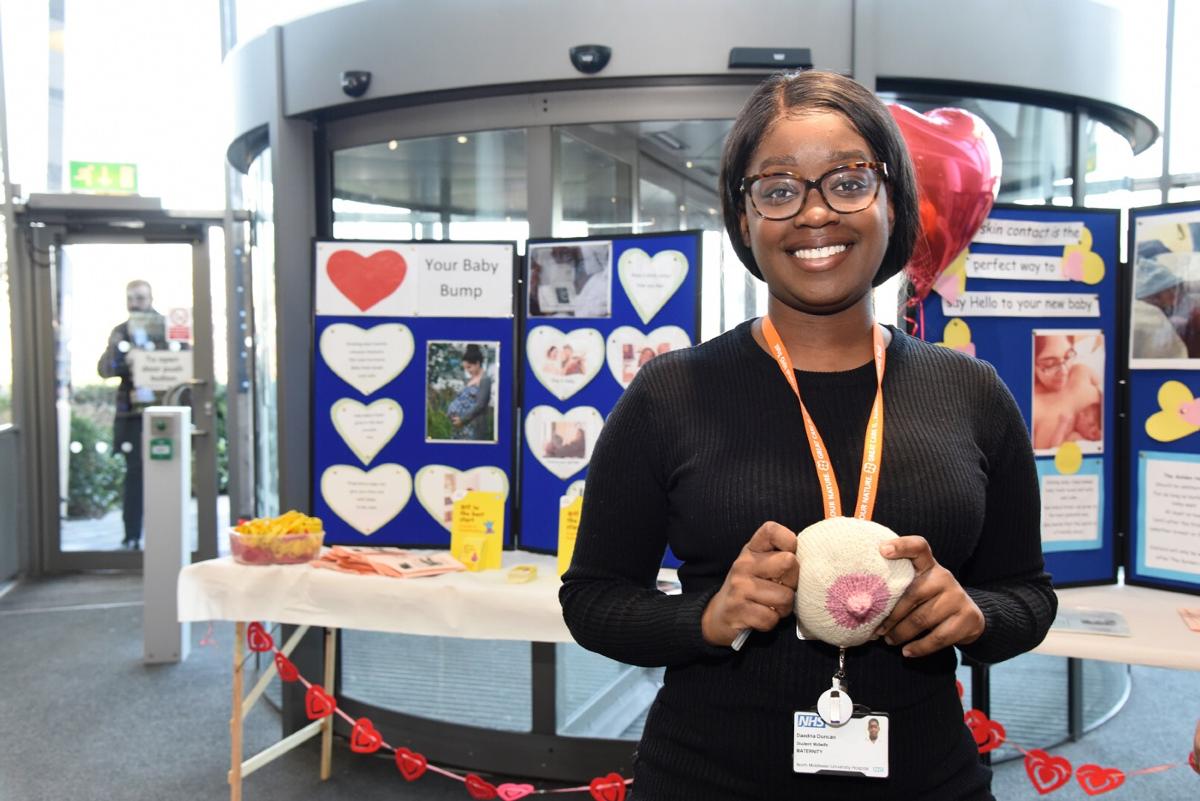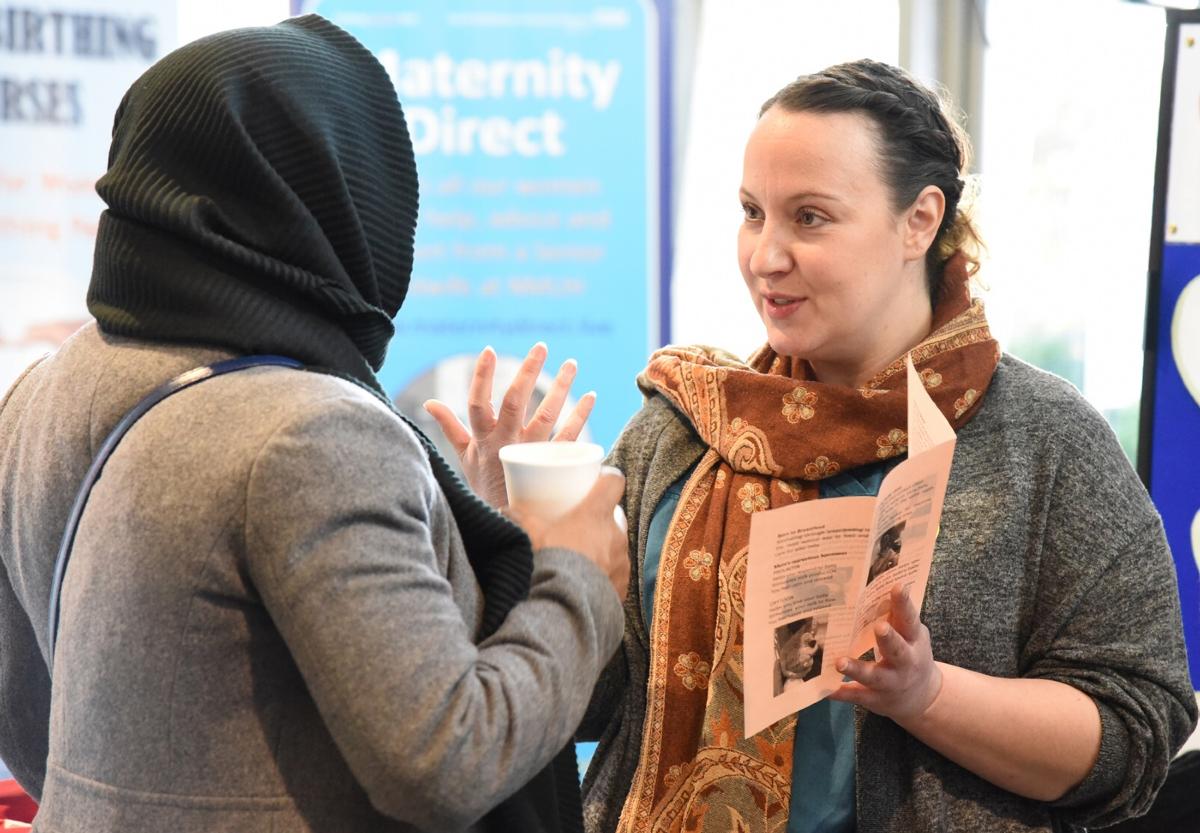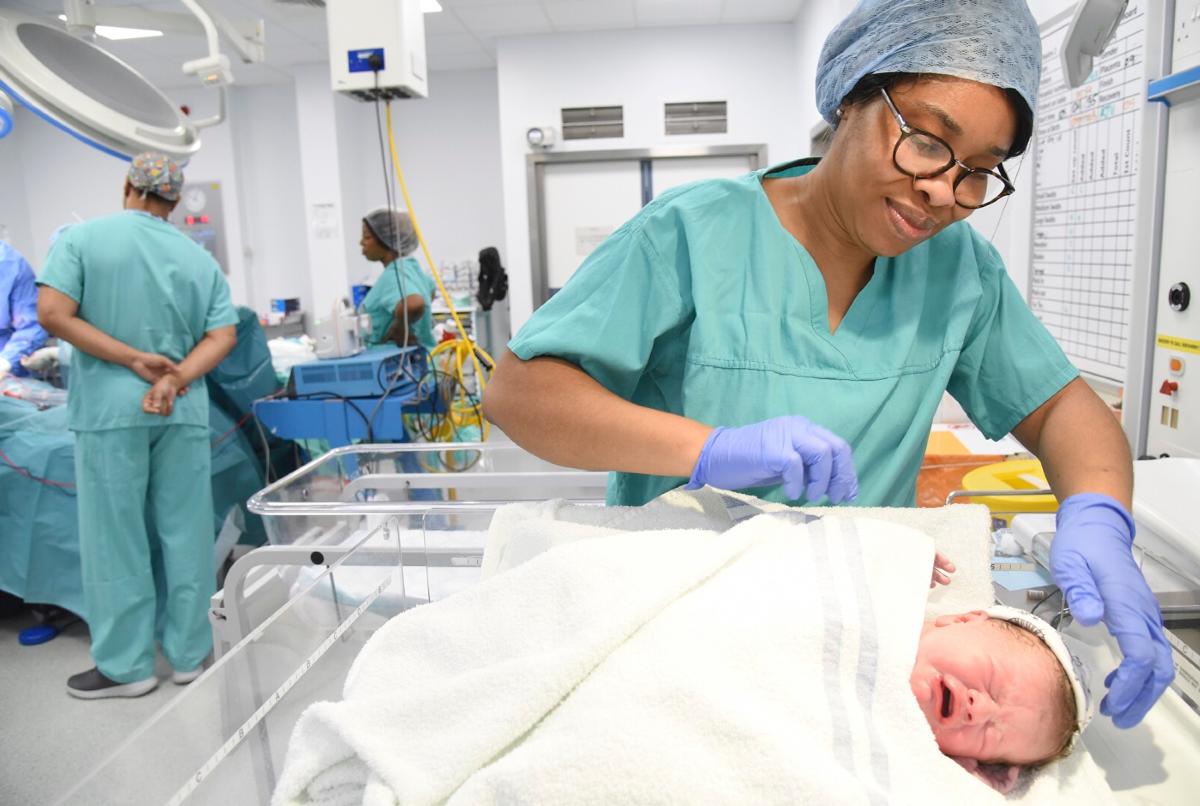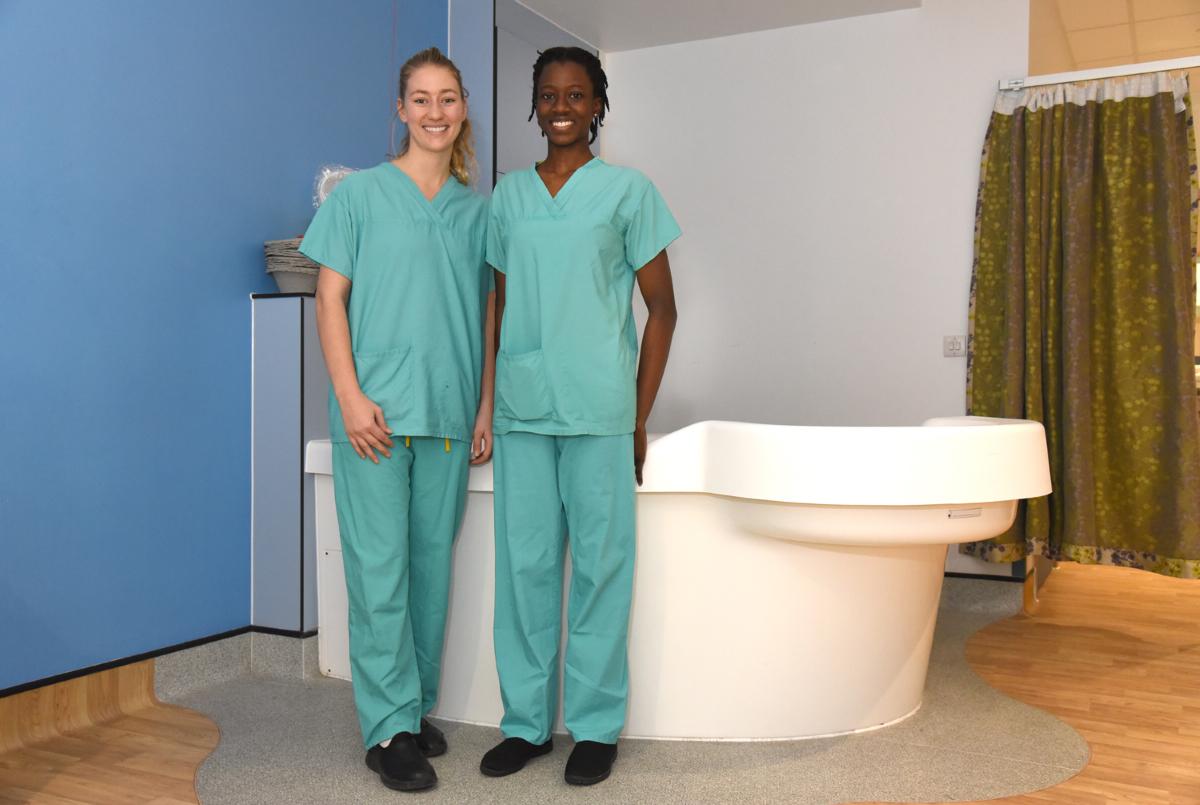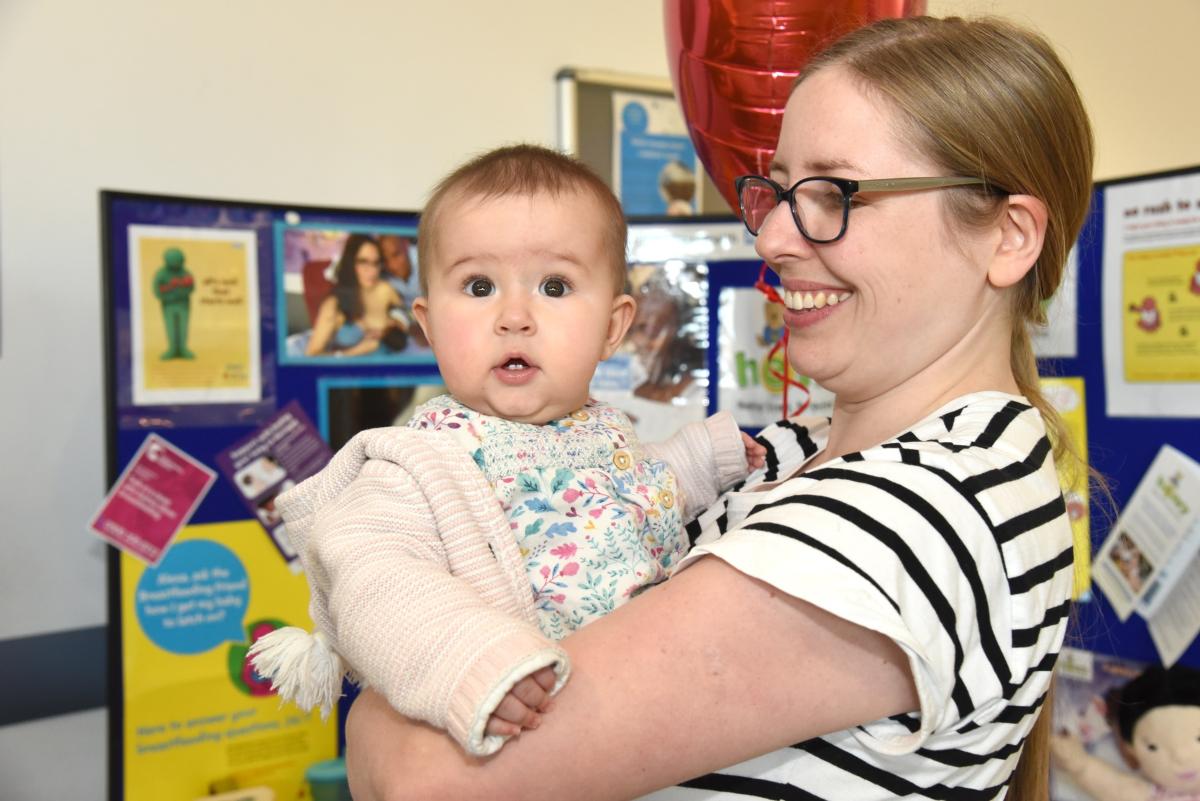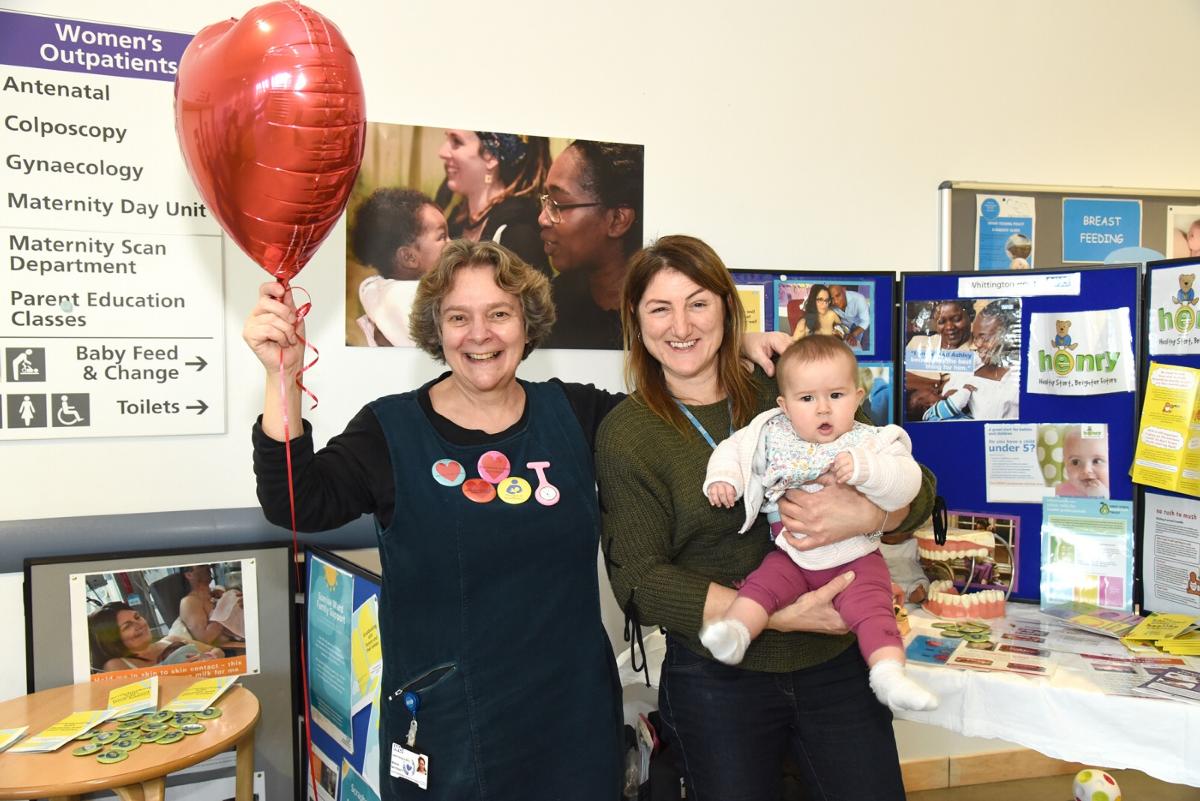Vaccinations During Pregnancy
Vaccinations recommended in pregnancy
During your pregnancy it is recommended that you have vaccinations for: Flu, Whooping Cough, Covid 19 and Respiratory Syncytial Virus (RSV).
Respiratory Syncytial Virus (RSV)
From September 2024, the respiratory syncytial virus (RSV) will be offered in pregnancy, to protect your unborn babies from RSV.How to protect your baby from RSV. Click here for more information in English.
Bebeğinizi RSV'den nasıl korursunuz? Türkçe bilgi için tıklayınız (Turkish).
Si ta mbroni foshnjën tuaj nga RSV. Kliko këtu për informacion në shqip. (Albanian)
Cum să vă protejați copilul de RSV. Click aici pentru informatii in limba romana (Romanian)
Cómo proteger a tu bebé del VSR. Haga clic aquí para obtener información en inglés (Spanish)
Flu
During pregnancy, your immune system (the body's natural defence) is weakened to protect the pregnancy. This can mean you're less able to fight off infections. As the baby grows, you may be unable to breathe as deeply, increasing the risk of infections such as pneumonia.
These changes can raise the risk from flu – pregnant women are more likely to get flu complications than women who are not pregnant and are more likely to be admitted to hospital. Having the flu vaccine means you're less likely to get flu.
Find out more about the flu vaccination in pregnancy.
Whooping cough
Whooping cough is a very serious infection, and young babies are most at risk. Most babies with whooping cough will be admitted to hospital.
When you have the whooping cough vaccination in pregnancy, your body produces antibodies to protect against whooping cough. These antibodies pass to your baby giving them some protection until they're able to have their whooping cough vaccination at 8 weeks old.
Find out more about the whooping cough vaccination in pregnancy
Coronavirus (COVID-19) vaccine
If you're pregnant, or think you might be, it's strongly recommended you get vaccinated against COVID-19 to protect you and your baby.
You're at higher risk of getting seriously ill from COVID-19 if you're pregnant. If you get COVID-19 late in your pregnancy, your baby could also be at risk.
It's safe to have the vaccine during any stage of pregnancy, from the first few weeks up to your expected due date. You do not need to delay vaccination until after you have given birth.
The COVID-19 vaccines do not contain any live viruses and cannot give you or your baby COVID-19.
Find out more about pregnancy and COVID-19 vaccination
If you would like more information about vaccinations in pregnancy, please speak to your midwife or visit Vaccinations in pregnancy - NHS (www.nhs.uk).


